
from wfmu.
"I knew Cary Grant very well and he loved ... what did they call it? Acid! LSD. He said he liked to take the trip." - Debbie Reynolds
"I learned many things in the quiet of that room ... I learned that everything is or becomes its own opposite ... You know, we are all unconsciously holding our anus. In one LSD dream ... I imagined myself as a giant penis launching off from earth like a spaceship." - Cary Grant
It was 1943. Cary Grant was starring in the motion picture Destination Tokyo; an action-filled wartime drama co-starring John Garfield and a deluge of racial slurs. While America was embroiled in the intense fighting of World War Two, Axis powers had surrounded the neutral country of Switzerland. Deep within these beleaguered boundaries, Swiss chemist Albert Hoffman was busy toiling away in a dimly lit laboratory, about to study the properties of a synthesis he had abandoned five years earlier. Hoffman was trying to devise a chemical agent that could act as a circulatory and respiratory stimulant when he accidentally absorbed lysergic acid through his fingers. While Americans sat in darkened theaters enjoying Cary Grant's portrayal of a submarine captain, Hoffman was experiencing accelerated thought patterns, polychromatic visions and an unbearable onslaught of intense emotion. This was the world's first acid trip. The discovery was soon to transform the life of one of Hollywood's most glamorous stars.
Cary Grant was the first mainstream celebrity to espouse the virtues of psychedelic drugs. Whereas novelist Aldous Huxley's famous 1954 treatise The Doors of Perception recounted his remarkable experiences with mescaline, Huxley was hardly mainstream - a darling of intellectual circles to be sure, but a far cry from a matinee idol. Grant was one of the biggest stars Hollywood had to offer when he jumped headlong into Huxley's Heaven and Hell. His endorsement of subconscious exploration, arguably, created more interest in LSD than Dr. Timothy Leary who was largely preaching to the converted.1 Grant on the other hand was the fantasy of countless Midwestern women. He convinced wholesome movie starlets like Esther Williams and Dyan Cannon to blow their minds. When Ladies Home Journal and Good Housekeeping interviewed him, the topic of conversation wasn't Cary's favorite recipe or "the problem with youth today." Instead, Cary Grant was telling happy homemakers that LSD was the greatest thing in the world.

"We come into this world with nothing on our tape. We are computers, after all," concluded Grant. "The content of that tape is supplied by our mothers, mainly because our fathers are off hunting or shooting or working. Now the mother can teach only what she knows and many of these patterns of behavior are not good, but they're still passed on to the child. I came to the conclusion that I had to be reborn, to wipe clean the tape ... When I first started under LSD I found myself turning and turning on the couch, and I said to the doctor, 'Why am I turning around on this sofa?' and he said 'Don't you know why?' and I said I didn't have the vaguest idea, but I wondered when it was going to stop. '[It will stop] when you stop it,' he answered. Well, it was like a revelation to me, taking complete responsibility for one's own actions." He described the feeling of being high, "I passed through changing seas of horrifying and happy sights, through a montage of intense hate and love, a mosaic of past impressions assembling and reassembling; through terrifying depths of dark despair replaced by glorious heavenlike religious symbolism."
Cary Grant wrote of his experiences, "The feelings is that of an unmarshaling of the thoughts as you've customarily associated them. The lessening of conscious control ... similar to the mental process ... when we dream. Dreams ... could be classified as hallucinations ... [With LSD] one becomes a battleground of old and new beliefs ... The shock of each revelation brings with it an anguish of sadness for what was not known before in the wasted years of ignorance and, at the same time, an ecstasy of joy at being freed from the shackles of such ignorance ... I learned many things in the quiet of that room ... I learned that everything is or becomes its own opposite ... it releases inhibition. You know, we are all unconsciously holding our anus. In one LSD dream I shit all over the rug and shit all over the floor. Another time I imagined myself as a giant penis launching off from earth like a spaceship ... I seemed to be in a world of healthy, chubby little babies' legs and diapers, smeared blood, a sort of general menstrual activity taking place ... As a philosopher once said, you cannot judge the day until the night ... I used it about one hundred times before it became illegal. Each session lasted about six hours ... My intention in taking LSD was to make myself happy. A man would be a fool to take something that didn't make him happy ... One day, after many weeks of LSD, my last defense crumbled. To my delight, I found I had a tough inner core of strength. In my youth, I was very dependent upon older men and women. Now people come to me for help!" He had one regret. "Oh, those wasted years; why didn't I do this sooner?"

Reaction to Cary Grant's drug use varied among his Hollywood peers. Religious Debbie Reynolds thought it was funny, as did Alfred Hitchcock who said, "I sometimes think Cary is attracted to LSD because those letters in England stand for pounds, shillings and pence." David Niven expressed concern, "[It was] a most hazardous trip for Cary to have taken to find out what we could have told him anyway: that he had always been self-sufficient, that he had always been loved, and that he would continue to give a damn about himself - and particularly about others." Director Stanley Donen didn't find Grant's enthusiasm particularly infectious. "LSD gave him the belief he had found the real answer to the miracle of how to live. Did I notice any real changes? Not really." Richard Brooks, the writer and director of cinema classics like The Blackboard Jungle and In Cold Blood thought the drugs had a dulling effect. "I didn't recognize that the changes in him were from taking LSD," said Brooks. "Under LSD he was too placid. He was not his questioning self." Peter Stone, the screenwriter on the Grant vehicles Charade and Father Goose felt psychedelics had turned Cary from a charming man into an aggravating pest. "Everything was uncritical after LSD, It wasn't real. It was beatific. You'd say, 'Cary stop it. You're making me crazy.' He'd say, 'I'm not making you crazy. You're making you crazy.' ... It was cosmic in scope. Up and down. Black was white. In was out. Everything was a cycle. What's the difference? He could literally stop any discussion by one of these tautologies."



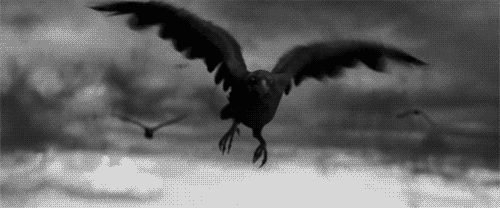
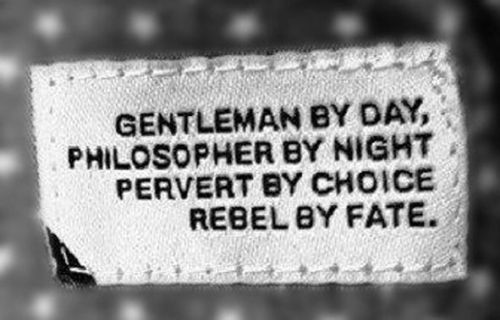



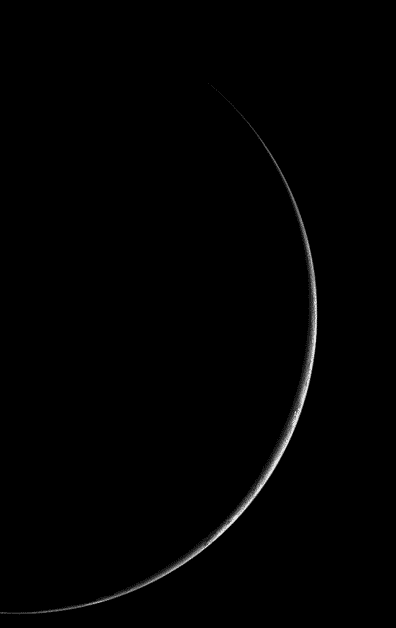








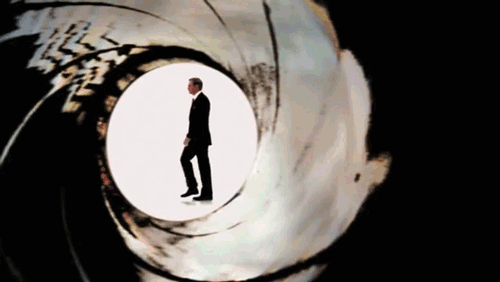


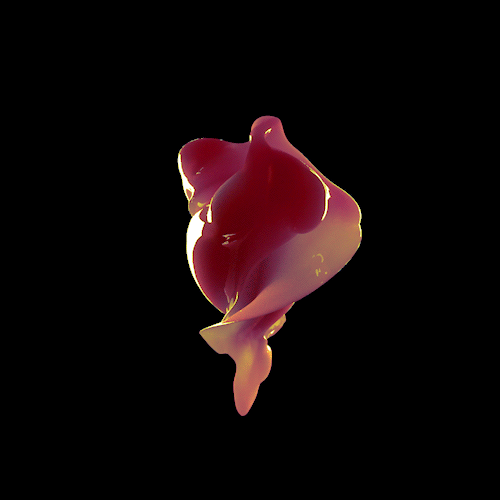


No comments:
Post a Comment